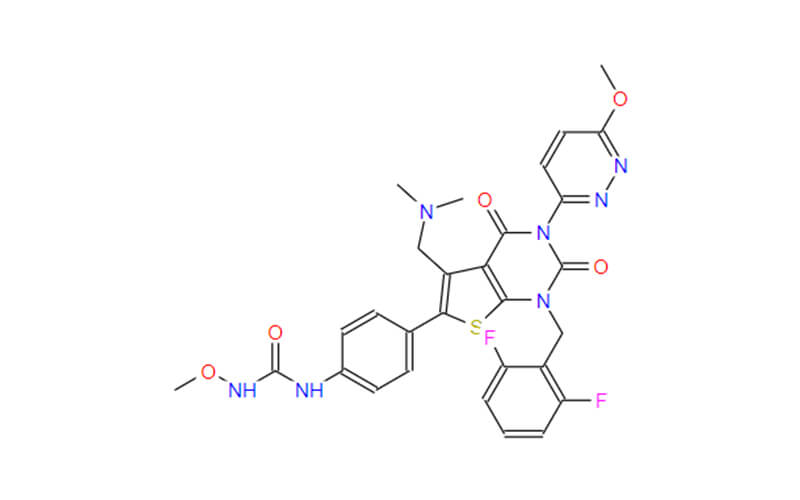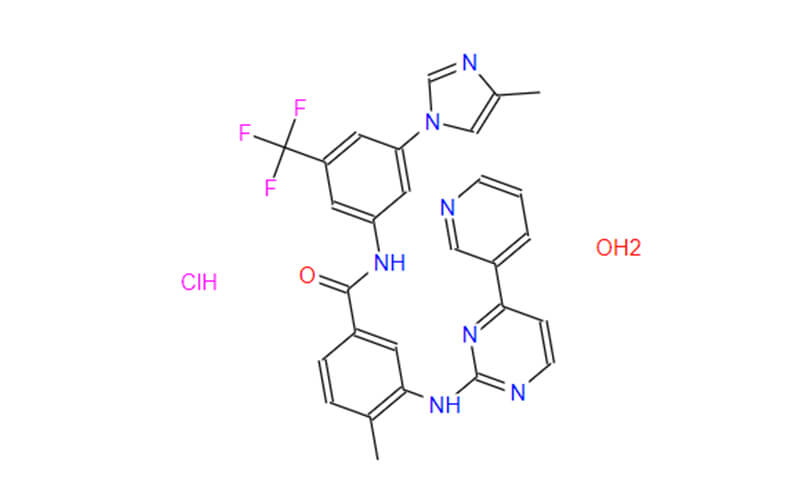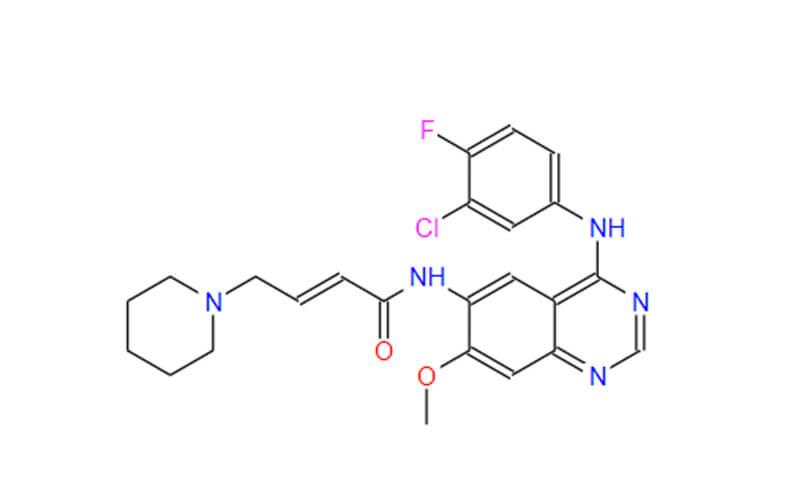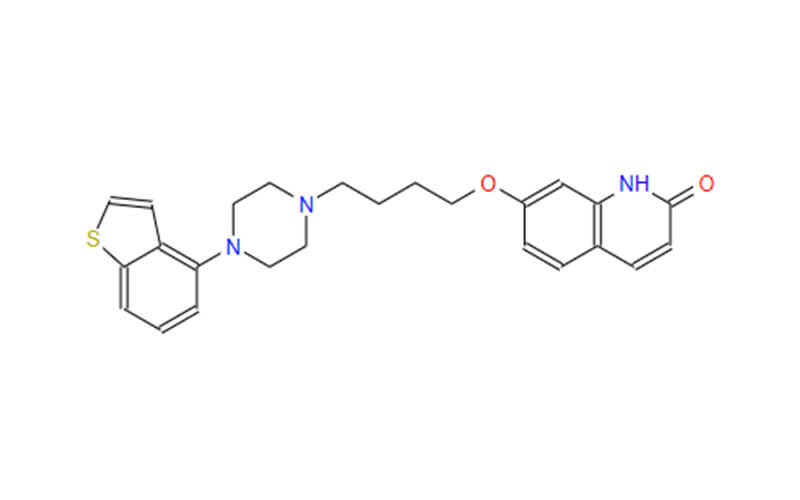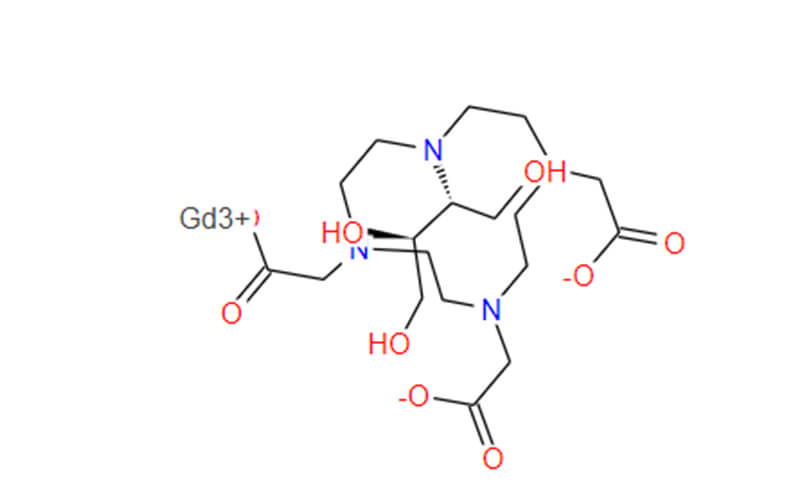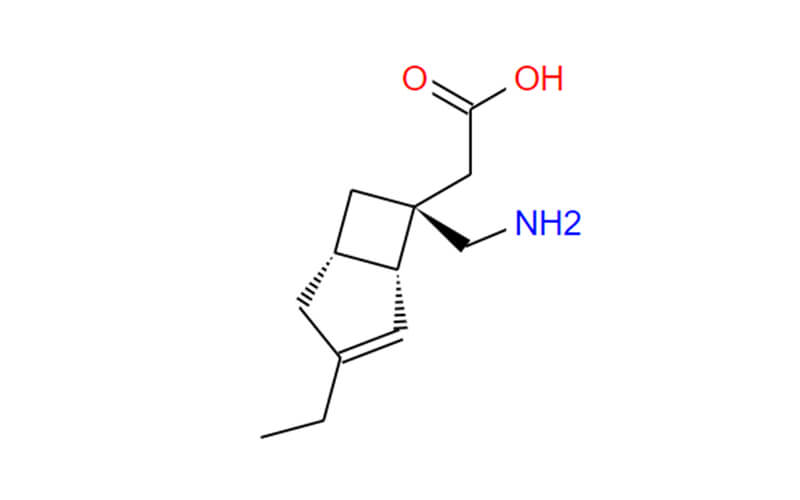Unlocking the Power of Human APIs (Active Pharmaceutical Ingredients) in Healthcare
In the dynamic landscape of healthcare, advancements in pharmaceuticals play a pivotal role in enhancing the quality of life for individuals worldwide. At the heart of these innovations are Human APIs (Active Pharmaceutical Ingredients), the core components responsible for the therapeutic effects of medications. Understanding the significance of Human APIs in healthcare and choosing the right manufacturer are critical aspects of ensuring the efficacy and safety of pharmaceutical products.
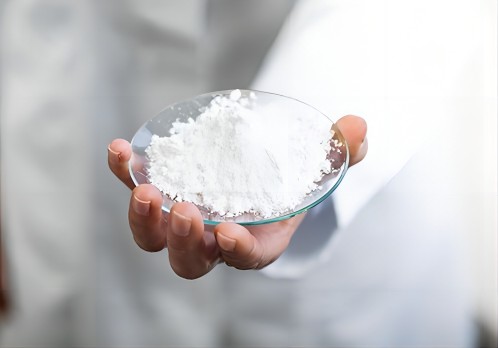
What are Human APIs (Active Pharmaceutical Ingredients)?
Human APIs, or Active Pharmaceutical Ingredients, are the biologically active components in medications that exert therapeutic effects on the human body. These ingredients form the core of pharmaceutical formulations, serving as the active substance responsible for treating specific medical conditions. Human APIs can be derived from various sources, including plants, animals, and synthetic processes, depending on the nature of the medication and its intended purpose.
Significance of Human APIs in Healthcare: Unlocking a World of Possibilities
- Efficacy and Therapeutic Action
The pivotal role of Human APIs in healthcare lies in their ability to instigate a targeted therapeutic response within the human body, effectively combatting specific medical conditions. The meticulous selection and uncompromising quality of these Active Pharmaceutical Ingredients significantly dictate the efficacy of medications. This influence is profound, directly impacting the medication’s capability to provide relief or effectively manage a disease. The very essence of healing begins with the judicious choice and superior quality of Human APIs.
- Safety and Quality Assurance
Safety is the cornerstone of pharmaceutical products, and Human APIs play a central role in ensuring the well-being of patients. Meeting stringent quality standards is not merely a regulatory requirement; it is a commitment to safeguarding lives. Regulatory bodies worldwide have established rigorous guidelines overseeing the entire lifecycle of APIs—from production and testing to distribution. Manufacturers bear the responsibility of unwaveringly adhering to these standards, ensuring that pharmaceutical products enriched with Human APIs are not only effective but also safe for consumption.
- Bioavailability and Formulation
Bioavailability, the measure of a medication’s ability to reach systemic circulation and produce therapeutic effects, is intricately linked to the inherent characteristics of the API. In the realm of pharmaceutical formulation, manufacturers meticulously consider a multitude of factors, such as solubility, stability, and absorption properties. These considerations are not arbitrary; they form the symphony of pharmaceutical formulation, each note fine-tuned to enhance bioavailability. The art of formulating pharmaceutical products with Human APIs involves a delicate balance, where precision is paramount to ensure optimal therapeutic impact.
- Innovation and Research
Human APIs stand at the forefront of pharmaceutical research and development, driving continuous innovation in the field. The marriage of biotechnology and synthetic chemistry propels the boundaries of possibility, creating a landscape ripe with potential for groundbreaking medications. The perpetual quest to develop new and improved APIs fuels pharmaceutical advancements, resulting in medications that not only address previously untreatable conditions but also offer outcomes that surpass conventional therapeutic expectations. Human APIs, as the catalysts of innovation, play an indispensable role in shaping the future of medicine.
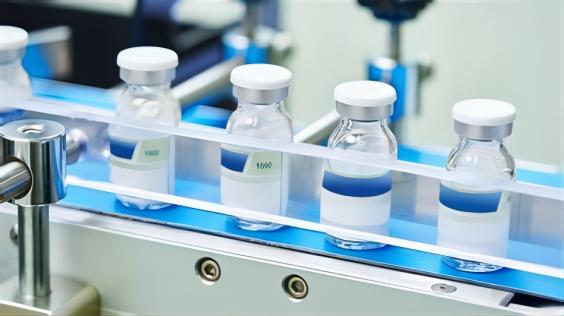
Choosing the Right Human API Manufacturer: A Strategic Decision
- Compliance with Regulatory Standards
A reputable Human APIs manufacturer should strictly adhere to the regulatory guidelines set by health authorities such as the U.S. Food and Drug Administration (FDA) or the European Medicines Agency (EMA). Compliance ensures that the manufacturing process follows Good Manufacturing Practices (GMP) and guarantees the quality and safety of the APIs.
- Quality Control and Testing
The manufacturer’s commitment to quality control is critical. Thorough testing at various stages of production, from raw materials to the final API, is essential to identify and eliminate impurities or deviations that could compromise the safety and efficacy of the pharmaceutical product.
- Research and Development Capabilities
A manufacturer with strong research and development capabilities is better equipped to adapt to emerging trends and technologies in the pharmaceutical industry. This ensures a continuous supply of high-quality, innovative APIs that meet the evolving needs of healthcare.
- Supply Chain Reliability
Reliability in the supply chain is crucial for maintaining a consistent and uninterrupted flow of pharmaceutical products. Manufacturers should demonstrate robust supply chain management practices to prevent shortages and delays in API availability.
- Transparency and Communication
Transparent communication is key to establishing a trustworthy relationship between pharmaceutical companies and API manufacturers. A manufacturer that communicates openly about its processes, quality standards, and any potential challenges fosters confidence in its clients.

Conclusion
Human APIs are the backbone of pharmaceutical advancements, providing the therapeutic power needed to combat various medical conditions. Choosing the right API manufacturer is a critical decision that directly impacts the safety and efficacy of pharmaceutical products. By prioritizing compliance with regulatory standards, emphasizing quality control and testing, investing in research and development, ensuring a reliable supply chain, and fostering transparent communication, healthcare professionals and pharmaceutical companies can collaborate with manufacturers to deliver high-quality medications that improve and save lives. As the healthcare landscape continues to evolve, the role of Human APIs remains central to the ongoing quest for better and more effective treatments.

